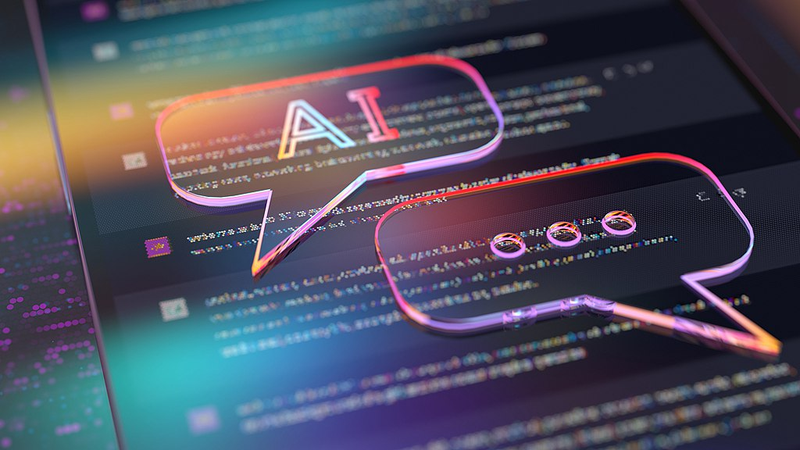AI Assistants and the News: When Hallucinations Hit Home
New research by the European Broadcasting Union (EBU) and the BBC reveals that nearly half of AI assistant responses about news are off the mark. From outdated stats to missing sources, these “smart” bots still have a lot to learn. 🤖📱
Key Findings
- 45% of AI replies had at least one major mistake
- 81% contained some form of inaccuracy or misrepresentation
- One-third suffered serious sourcing errors (misleading or missing attribution)
- 20% had outdated or plain wrong info
Spotlight on AI Assistants
- Gemini: 72% of its news answers had major sourcing issues
- ChatGPT, Copilot & Perplexity: accuracy issues ranged from wrong dates to “hallucinations”
Examples? Gemini flubbed changes to disposable-vape laws, and ChatGPT kept calling Pope Francis the current Pope months after his passing. 😬
Why It Matters
With 15% of under-25s and 7% of all online news readers asking AI assistants for updates, trust is on the line. Whether you’re catching up on K-pop comebacks, crypto trends, or local headlines, a bot glitch can ripple through your feed in secs—and that’s bad for democracy and informed debates. 🗳️
The report urges AI developers to step up: improve fact-checking, clear sourcing, and transparency. After all, in our fast-paced digital lives, reliable info is gold. 💡
Takeaway
AI news bots are cool, but they’re not perfect. Next time you ask your AI buddy for news, double-check the source—and maybe keep a backup plan (like a quick Google). Stay curious, stay critical, and stay informed! 🌏✨
Reference(s):
New research shows AI assistants make widespread errors about the news
cgtn.com



